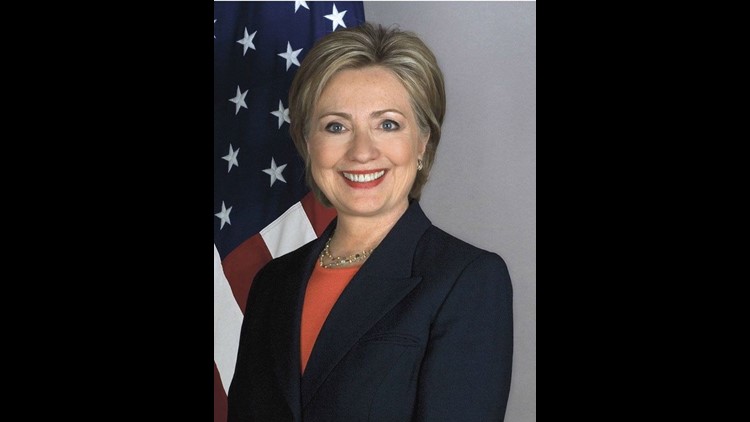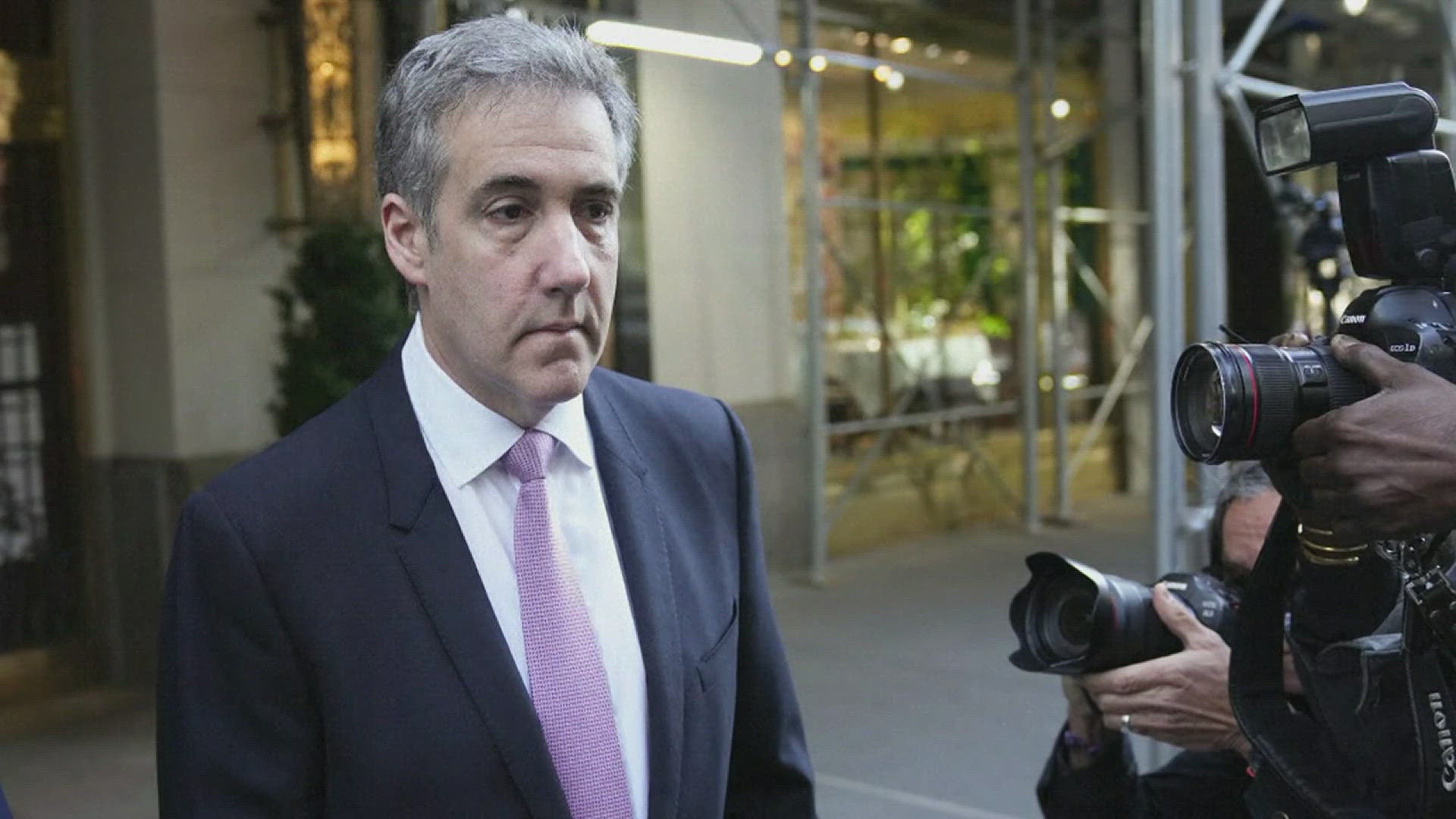(CNN) — A federal judge Wednesday approved a plan for the taking of depositions by several current and former State Department officials about Hillary Clinton’s email server.
Judge Emmet G. Sullivan, of the United States District Court for the District of Columbia, approved a joint proposal presented by Judicial Watch and the State Department to take the depositions of officials including Cheryl D. Mills, Clinton’s former chief of staff, Huma Abedin, a senior adviser to Clinton, and Bryan Pagliano, a State Department employee who serviced and maintained the server.
Sullivan said the officials could be asked details about processing and responding to record requests as well as issues such as which State Department officials and employees had used an account on the clintonemail.com system to conduct official government business. Sullivan established an eight-week time frame.
“The circumstances surrounding approval of Mrs. Clinton’s use of clintonemail.com for official government business, as well as the manner in which it was operated, are issues that need to be explored in discovery to enable the Court to resolve, as a matter of law, the adequacy of the State Department’s search of relevant records in response to Judicial Watch’s FOIA request,” Sullivan wrote in the order. He left open the possibility that Clinton could be deposed at a later time if necessary.
“Based on information learned during discovery, the deposition of Mrs. Clinton, may be unnecessary,” Sullivan wrote.
Judicial Watch initially brought the lawsuit in 2013 with a focus on employment records of Abedin, who was allowed to engage in private sector work while also working at the State Department. The case was reopened in June 2015 after The New York Times revealed the server’s existence.
Judicial Watch argued that it needed limited discovery to ascertain whether the State Department conducted an adequate search of its records for pertinent documents. The State Department objected to the discovery, but the parties reached an agreement over the relevant scope.
Sullivan acknowledged that it is unusual to grant discovery in a Freedom of Information case but he said discovery should be permitted, “when a plaintiff raises a sufficient question as to the agency’s good faith in processing documents in response to a FOIA request.”
CNN’s Laura Koran contributed to this report.



